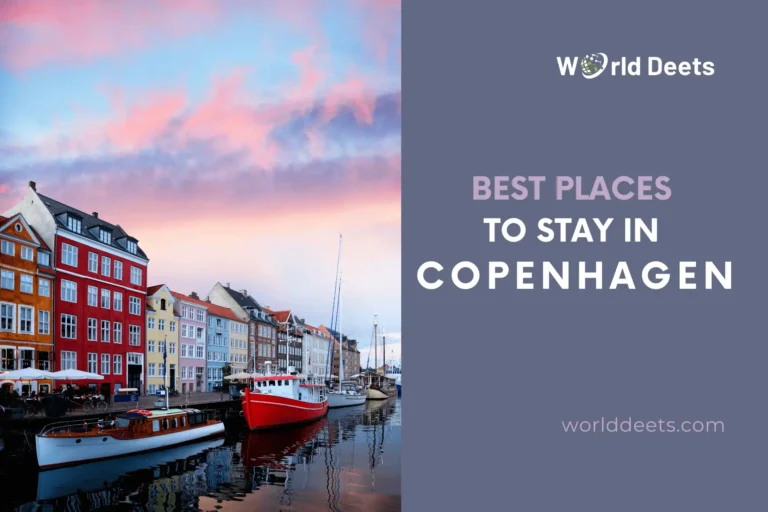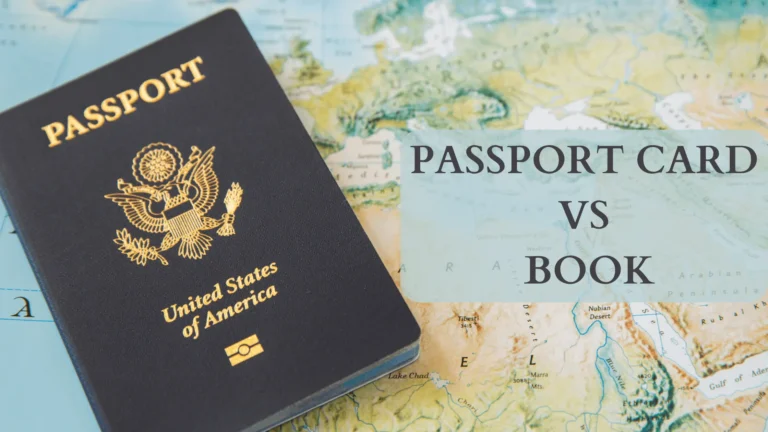The Best Time to Visit Portugal for an Unforgettable Experience

Portugal, a gem of the Iberian Peninsula, is known for its rich history, vibrant culture, and breathtaking landscapes. Choosing the right time to visit this fascinating nation might greatly improve your vacation experience. This article delves into the best time to visit Portugal, considering various factors to help you plan the perfect trip.
The Best Time to Visit Portugal: Overview
The best time to travel to Portugal is contingent upon several factors, including your tastes, the local climate, and the activities you plan to engage in. Portugal has plenty to offer all year round, whether you’re looking for warm beach days or cultural events.
Weather Patterns in Portugal
Portugal’s summers are ideal for beachgoers, with bright skies and comfortable temps. Winter, while cooler, provides a serene experience with fewer tourists. Spring and autumn are mild, balancing pleasant weather and moderate tourist traffic.
Tourist Crowds and Pricing
During the high season (summer), tourist spots are bustling, and prices peak. The shoulder season (spring and autumn) offers a sweet spot with moderate crowds and prices. The low season (winter) is ideal for budget travelers, with minimal crowds and lower costs.
Regional Variations
North Portugal, known for its lush landscapes, is best visited in spring or autumn. Central Portugal, with its historical landmarks, offers a year-round appeal. South Portugal, especially the Algarve region, is a summer paradise and pleasant in the shoulder seasons.
Cultural Events and Festivals
Spring in Portugal welcomes colorful festivals like Lisbon’s Carnaval. There are numerous music festivals and community events during the summer—Autumn and winter host unique events like Porto’s São João and Christmas markets.
Activities for Different Seasons
Portugal’s beaches are a summer highlight, while its hiking trails in places like Sintra and the Douro Valley are perfect in spring and autumn. Cities like Lisbon and Porto offer year-round indoor attractions and vibrant nightlife.
Cuisine and Gastronomy by Season
Summer in Portugal is marked by fresh seafood and al fresco dining. Winter introduces heartier dishes like cozido à portuguesa. But year-round favorites like port wine and pastel de nata are available.
Travel Tips for Portugal
Accommodation ranges from luxury resorts to quaint guesthouses. While renting a car gives you more freedom, public transportation is still efficient. Understanding basic Portuguese phrases and local customs will enrich your experience.
Planning Your Trip
Budget travelers can find great deals in the low season, while luxury seekers may prefer the amenities of the high season. Families should consider the shoulder season for a balance of weather and pricing.
Sustainable Travel in Portugal
Portugal is putting more and more emphasis on eco-friendly travel. One approach to help is to book eco-friendly lodging and show consideration for the surroundings and customs of the area.
Health and Safety
Although usual travel precautions should be followed, Portugal is generally safe. Health facilities are adequate, and travel insurance is recommended.
What to Pack
The way you pack for each season matters Summer calls for breezy clothes, spring and fall calls for layers, and winter calls for cozy clothes. Remember comfortable walking shoes and a camera to capture the memories.
What are the top must-visit places in Portugal?
Portugal has several must-see locations, a nation rich in natural beauty, history, and culture. Below are a few of the most popular places:
- Lisbon: The capital city is known for its vibrant culture, historic neighborhoods like Alfama, impressive landmarks such as the Jerónimos Monastery and Belém Tower, and the picturesque Tram 28 route.
- Porto: Famous for its port wine production, Porto’s charming Ribeira district, the iconic Dom Luís I Bridge, and the historic São Bento railway station are not to be missed.
- Sintra: This fairy-tale town near Lisbon is home to colorful palaces like Pena Palace, the mysterious Quinta da Regaleira, and the historic Moorish Castle set amidst lush forests.
- Algarve: Known for its stunning beaches, dramatic cliffside scenery, and seaside towns like Lagos and Albufeira, the Algarve region is a haven for sun-seekers and outdoor enthusiasts.
- The Douro Valley: Renowned for its scenic vineyard terraces, this region offers spectacular river cruises and is a must-visit for wine aficionados.
- Évora: A UNESCO World Heritage site in the Alentejo region, Évora is rich in Roman and medieval history, including the Temple of Diana and the eerie Chapel of Bones.
- Coimbra: Home to one of the oldest universities in Europe, Coimbra exudes a youthful charm with its historic buildings, lively streets, and the beautiful Joanina Library.
- Madeira: This archipelago is known for its lush landscapes, hiking trails like Levada walks, and the bustling city of Funchal with its unique toboggan rides.
- Azores: A group of volcanic islands in the mid-Atlantic, the Azores are a paradise for nature lovers, with stunning landscapes, hot springs, and whale-watching opportunities.
- Braga: One of Portugal’s oldest cities, Braga is known for its baroque churches, the Bom Jesus do Monte sanctuary and its traditional Holy Week celebrations.
A glimpse into Portugal’s rich cultural tapestry and diversified beauty can be had at each of these locations.
Related: Also explore Best Places To Visit In November Europe
Wrapping Up
With its alluring mix of culture, nature, and history, Portugal is a year-round destination. Depending on your interests and inclinations, there is no set optimal time to visit. From sun-soaked beaches to festive winter markets, Portugal promises an unforgettable journey regardless of when you choose to explore it.



